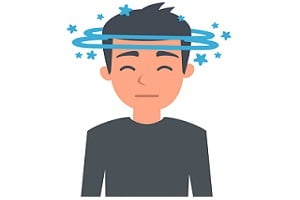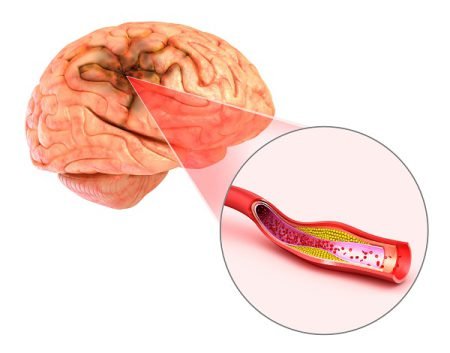How Do You Spot a Stroke Quickly in a Patient?
- Updated on: Jul 8, 2024
- 2 min Read
- Published on Apr 19, 2021

Spotting a Stroke: Warning Signs
Symptoms of stroke depend on which area of the brain has stopped functioning due to loss of blood supply. Patients may experience varying symptoms such as the following:
- Drastic change in the level of consciousness or confusion of a person
- Numbness of one half or a part of the body
- Onset of weakness or paralysis of half or a part of the body
- Difficulty with balance and vertigo
- Partial vision loss
- Double vision
- Difficulty speaking or understanding speech
What is FAST (recognizing the stroke symptoms early)?
Fast action is important if you suspect a stroke. Immediate treatment can minimize damages and long-term effects of the stroke and can also reduce a person’s risk of death from the stroke.
FAST is an acronym to help you quickly recognize the warning signs and symptoms of stroke.
- F: Face drooping. Ask the person suspected of a stroke to smile, and see if one side is drooping. One side of the face may also be numb, and the smile may appear uneven. This may be indicative of a stroke.
- A: Arm weakness. Ask the person to raise both arms. Is there weakness or numbness on one side? If so and if one arm drifts downward because of weakness or numbness, it is a sign of possible stroke.
- S: Speech difficulty. Do you note the person slur in his/her speech or has trouble speaking at all. Sometimes, it is difficult to understand what the person says. Ask the person to repeat a simple sentence and note for any speech abnormality.
- T: Time to call 9-1-1! If a person shows any of the signs above, admit the person to a hospital, even if the symptoms went away after some time.
Other indicators that the person has got a stroke
A stroke can affect any of the functions of the nervous system. Symptoms of stroke generally occur on one side of the body and appear suddenly. In case of a transient ischemic attack (also called a mini-stroke) the symptoms occur and may go away on their own. But, it is still essential to get the person admitted to a hospital as soon as possible for quick treatment.
Other possible signs and symptoms of stroke are:
- Weakness or paralysis of any part of the body
- Trouble in walking
- Muscle stiffness
- Difficulty swallowing
- Behavioral changes
- Involuntary eye movements
- Memory loss
- Severe headache without any reason
How do you identify a mini stroke (TIA, transient ischemic attack)?
The symptoms of a mini-stroke or a transient ischemic stroke are same as those of a stroke (such as those discussed above). The symptoms of a mini-stroke may disappear on their own. But any symptoms of a stroke can occur during a mini-stroke also.
What should I do if I spot someone in a condition of stroke?
Remember FAST! Admit the person immediately to a hospital even if th4 symptoms have subsided after a while. Read about treatment of stroke.












